You are here
Back to topKiwi Berries From New Zealand Permitted To Enter China
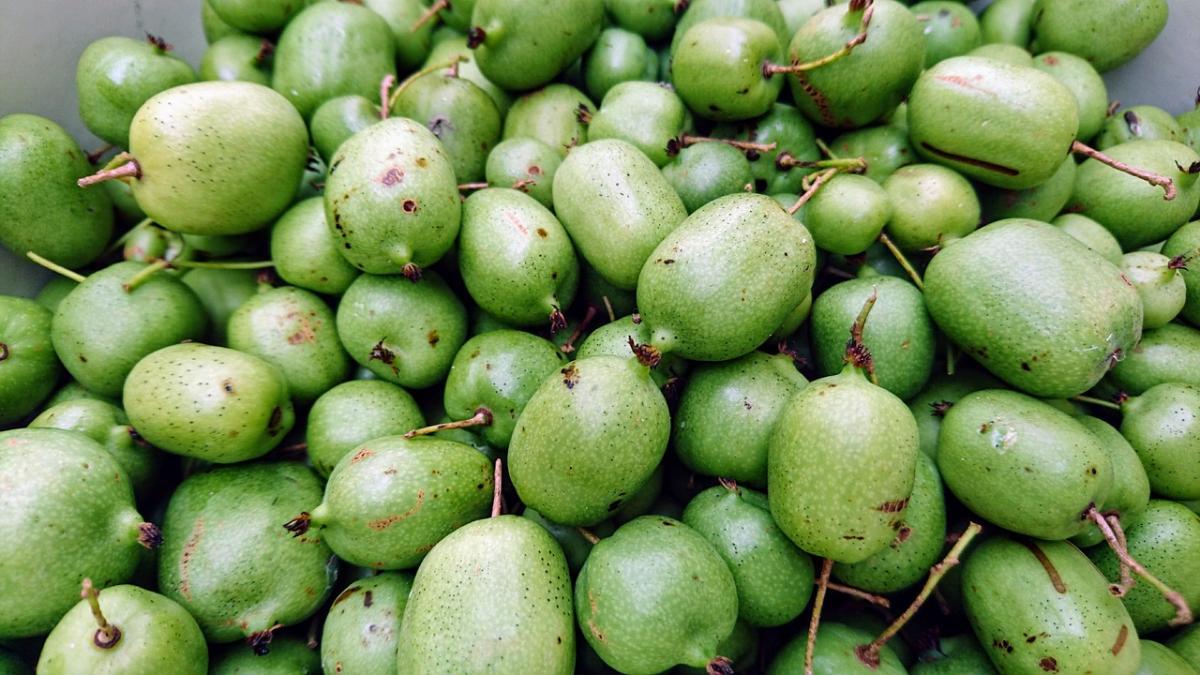
On June 25, the General Administration of Customs of China announced via its website that fresh kiwi berries from New Zealand meeting the stipulated phytosanitary requirements would be permissible for import into China.
Kiwi berries originate from China. Taxonomically, kiwi berries and kiwifruit are closely related, both belonging to the genus Actinidia within the family Actinidiaceae. The main differences between the two fruits are in their size and skin texture — kiwi berries are much smaller, approximately the size of a grape or large cherry, with a smooth skin that may be green, pink or purple. The entire kiwi berry is edible and it has a sweet flavor with tropical notes similar to those of kiwifruit.
Fresh kiwi berries from New Zealand had been exported to China since 2010 under the general category of kiwifruit. However, in March 2016, the General Administration of Quality Supervision, Inspection and Quarantine issued a notice suspending the import of kiwi berries from New Zealand because they were not on the official list of permitted fruits.
In 2023, France became the first country permitted to export fresh kiwi berries to China. With the recent announcement, New Zealand has now become the second country to secure China market access for kiwi berries. Notably, in contrast to French kiwi berries, fruits from New Zealand do not require cold treatment and can enter China directly after quarantine inspection procedures.
New Zealand’s kiwi berry production season lasts between mid-February and mid-to-late March each year. Kiwi berries have a thin skin and mature quickly, making them unsuitable for long-term storage. Although they can be stored for about two months at zero degrees Celsius, at room temperature their shelf life is only around 10 days. Additionally, the fruit has a low yield.
According to the GACC announcement, orchards intending to export fresh kiwi berries to China must establish a traceability system and adhere to good agricultural practices and integrated pest management techniques. China has identified a total of eight quarantine pests of concern in relation to kiwi berries from New Zealand. These include four species of leafroller (Cnephasia jactatana, Ctenopseustis obliquana, Planotortrix octo and Planotortrix excessana), the light brown apple moth (Epiphyas postvittana), the long-tailed mealybug (Pseudococcus longispinus), the yellow featherfoot (Stathmopoda skelloni) and the plant fungus Neofabraea actinidiae.
During the packaging process, fresh kiwi berries destined for China must undergo procedures such as inspection, sorting, grading and the removal of damaged fruits to ensure that shipments are free from insects, mites, rotten fruits, branches, leaves, roots and soil. The occurrence of contaminated kiwi berries will lead to rejection of the entire shipment by China or even the suspension of imports from the involved orchards and packaging plants for the remainder of the season. Fresh kiwi berries exported by unregistered orchards or packaging plants, or kiwi berries that do not meet China’s food safety standards, will also result in refusal of the entire shipment.
Image: Pixabay
This article was translated from Chinese. Read the original article.



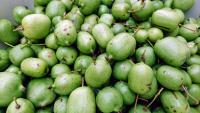
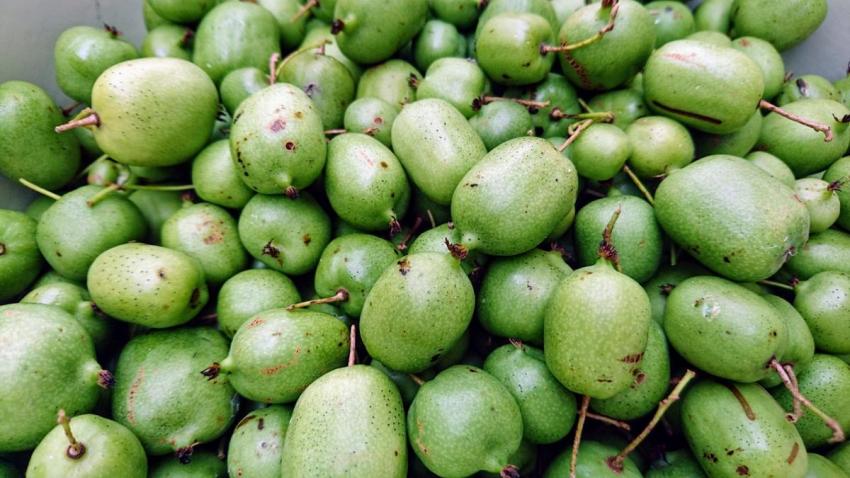
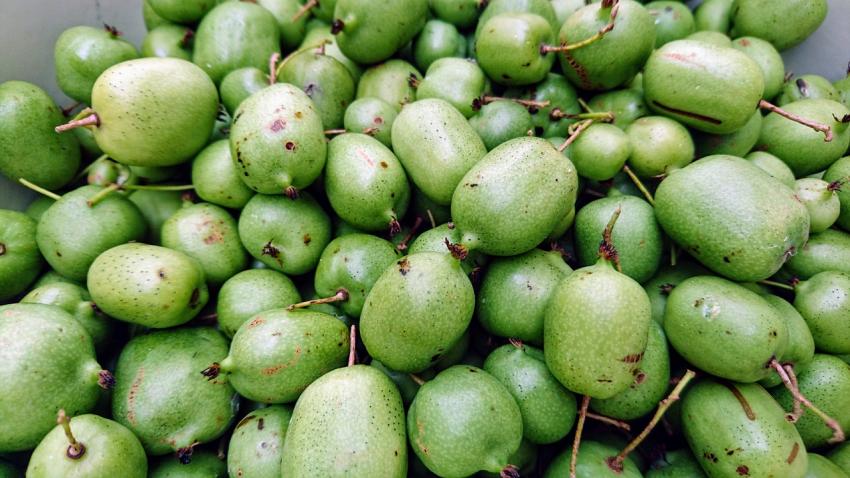
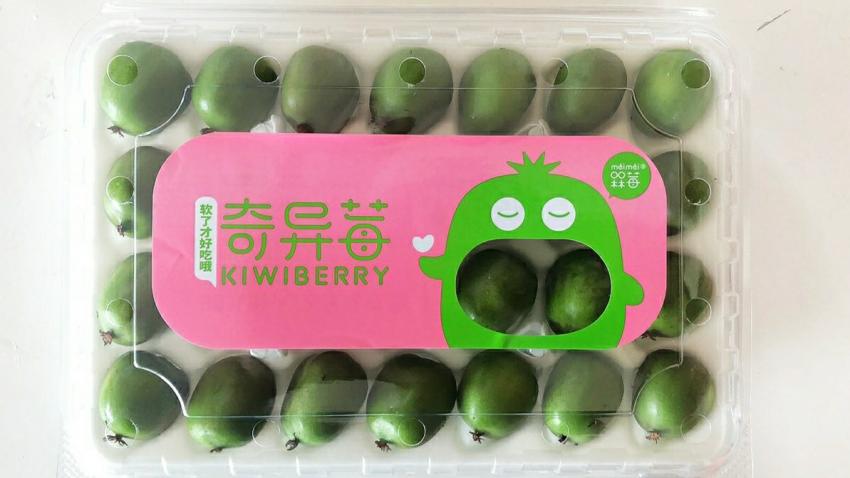







Add new comment